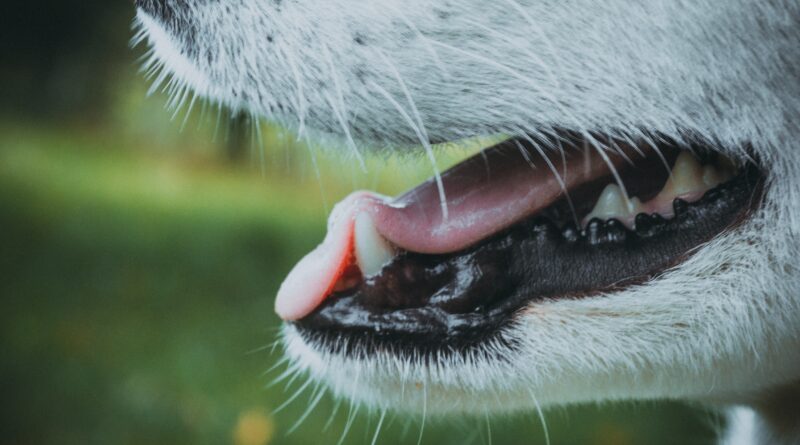Ha ni Kinu Kise nu (歯に衣着せぬ – Outspoken)
Ha ni Kinu Kise nu
歯に衣着せぬ
The concept of speaking one’s thoughts frankly without indirect expressions can be described as ha ni kinu kise nu (歯に衣着せぬ) in Japanese.
遠回しな言い方をせず、率直に思ったことを言うことを、「歯に衣着せぬ」と形容することがあります。
Since ha (歯) means “tooth,” kinu (衣) means “clothes,” kise/kiseru (着せ/着せる) means “to put on,” and nu (ぬ) is a negative suffix, the literal meaning of this expression is “not to put clothes on one’s teeth.”
「歯」は “tooth”、「衣」は “clothes”、「着せ/着せる」は “to put on”、「ぬ」は否定の接尾辞であるため、「歯に衣着せぬ」の文字どおりの意味は “not to put clothes on one’s teeth” となります。
While you can’t literally put clothes on your teeth, in this context, kinu is used as a metaphor for something that hides or adorns your teeth.
実際に歯に衣(衣服)を着せることはできませんが、ここで「衣」は、「歯を隠すもの」や「歯を飾るもの」の比喩として使われています。
In other words, it implies that the teeth (and even the mouth) that are not hidden and adorned can speak frankly without any pretense.
衣で隠されたり飾られたりしていない歯(延いては口)からは、包み隠すことのない率直な言葉が発せられるというわけです。




